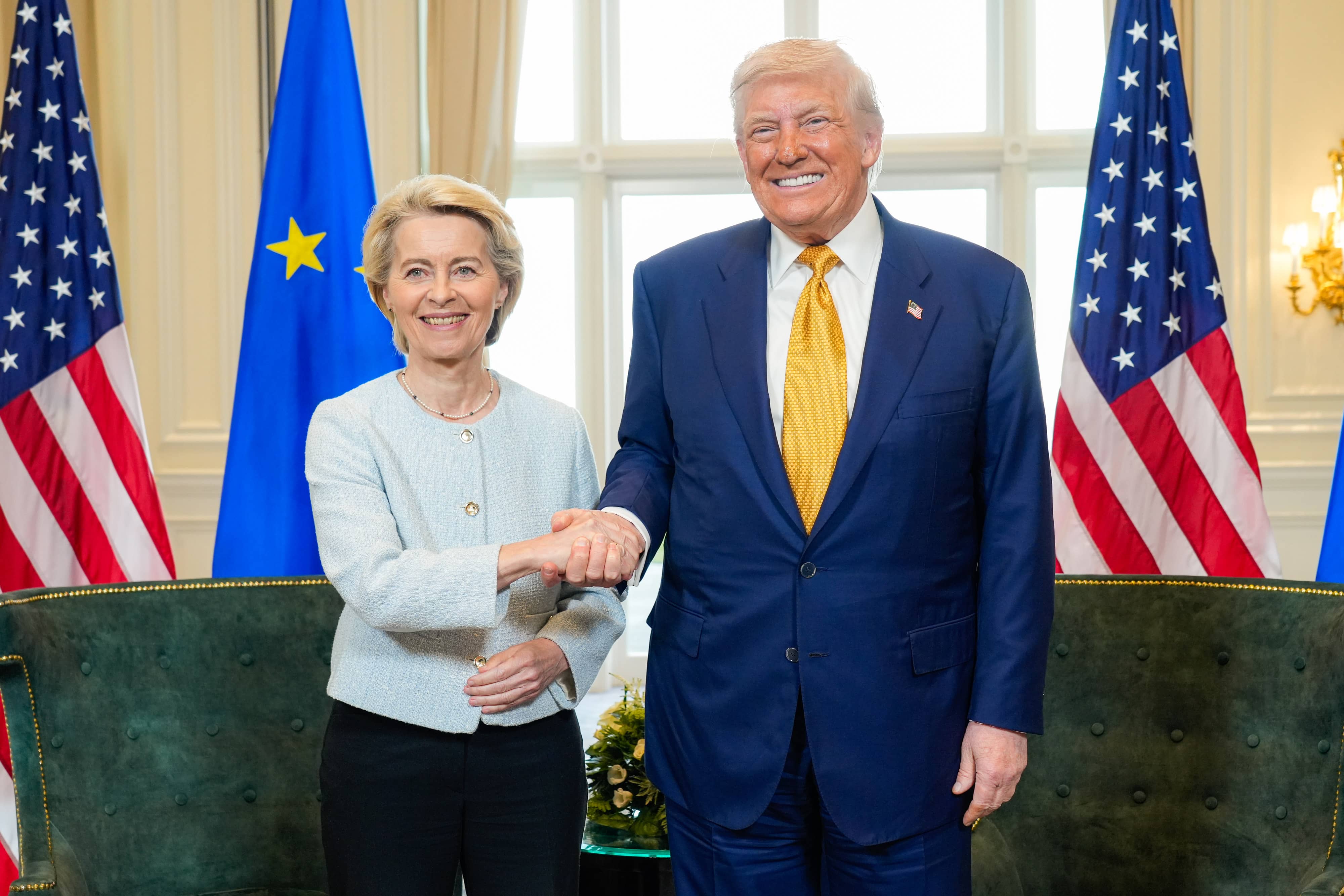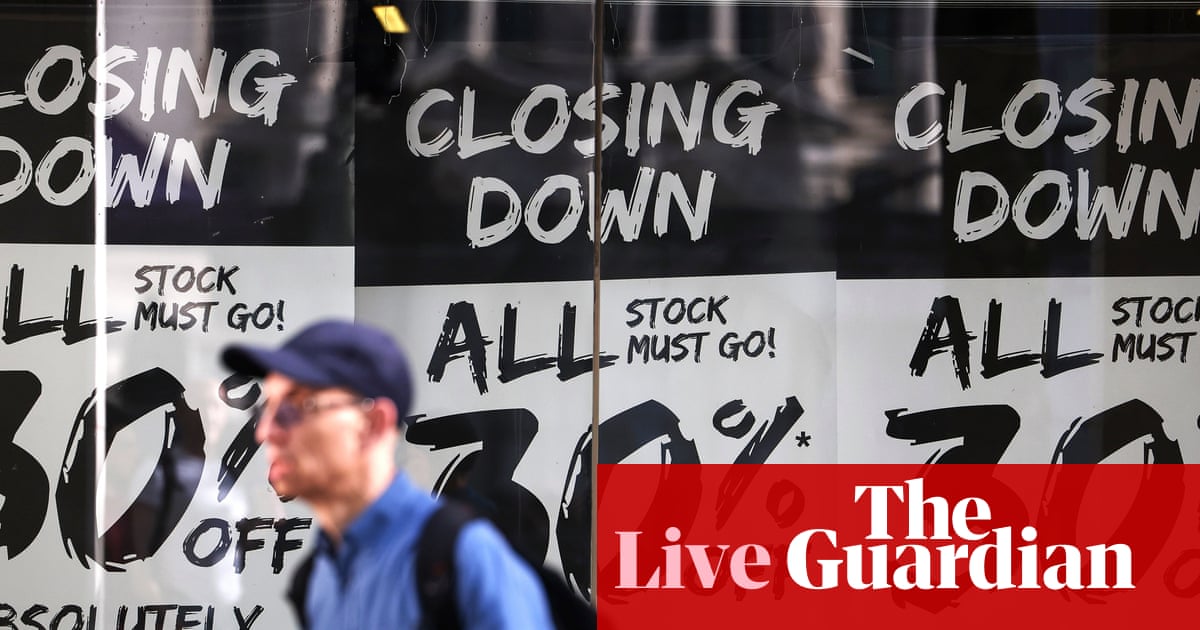T4K3.news
Euro zone GDP rises 0.1% in Q2 2025 amid tariff challenges
The euro zone economy demonstrates unexpected growth despite U.S. tariff uncertainties.

Attention has focused on how tariffs may impact Europe's economies.
Euro zone economy shows slight growth amidst tariff uncertainty
The euro zone economy reported a modest growth of 0.1% in the second quarter of 2025, surprising many analysts who expected stagnant growth. The latest flash data from Eurostat indicates that the growth followed a stronger 0.6% increase in the first quarter. Jack Allen-Reynolds, a senior economist, expressed that the slowdown was anticipated due to the diminishing effects of tariff-related front-running. Concerns about U.S. tariffs have significantly impacted European economic discussions, especially following President Trump’s implementation of reciprocal tariffs in April. Despite the tension, analysts noted that these changes have not had a major negative effect on economic performance so far. Following the publication of these figures, European bond yields remained stable, with minimal fluctuations observed in French and German bonds.
Key Takeaways
"The slowdown in euro-zone GDP growth in Q2 came as no surprise as the boost from tariff front-running waned."
Jack Allen-Reynolds discusses the expected slowdown in growth due to tariffs.
"Overall, the data suggest that the euro-zone has been resilient to the shifts in US trade policy so far."
Jack Allen-Reynolds highlights the euro zone's resilience amid trade tensions.
Though the reported growth in the euro zone is modest, it highlights a certain resilience in the face of trade tensions with the U.S. The ability to grow, even slightly, signals a cautious optimism among economists. The ongoing uncertainty surrounding tariffs may pose longer-term risks, but current data suggests European economies have so far managed to adjust without severe repercussions. The impact of trade policies continues to dominate discussions, and future stability will depend on how these negotiations evolve. European policymakers may need to remain vigilant, as any future tariffs could change the landscape significantly.
Highlights
- A slight growth is better than none amidst uncertainty.
- The euro zone shows resilience in the face of tariffs.
- Euro zone growth might be modest but it’s still a positive sign.
- Trade negotiations will shape Europe’s economic future.
Risk of trade policy backlash
The ongoing uncertainty regarding tariffs and negotiations with the U.S. poses risks to the euro zone economy. If tariffs are reinstated or increased, this could significantly impact growth and investor sentiments.
The evolving trade dynamics between the U.S. and the EU will be critical to monitor in upcoming quarters.
Enjoyed this? Let your friends know!
Related News

FTSE 100 share index reaches 9,000 points

U.S. GDP rises 3% in Q2 2025

Mortgage approvals increase as housing market stabilizes

Keir Starmer to discuss steel tariffs with Donald Trump

US-EU trade deal limits tariffs to 15%
Wall Street reaches new record amid profit reports

Pound Sterling forecast indicates temporary recovery
:max_bytes(150000):strip_icc()/GettyImages-2227723550-e694a4f3ee1d4e72bdefbf6236937641.jpg)
Stocks Retreat as Investors Await Key Technology Earnings
